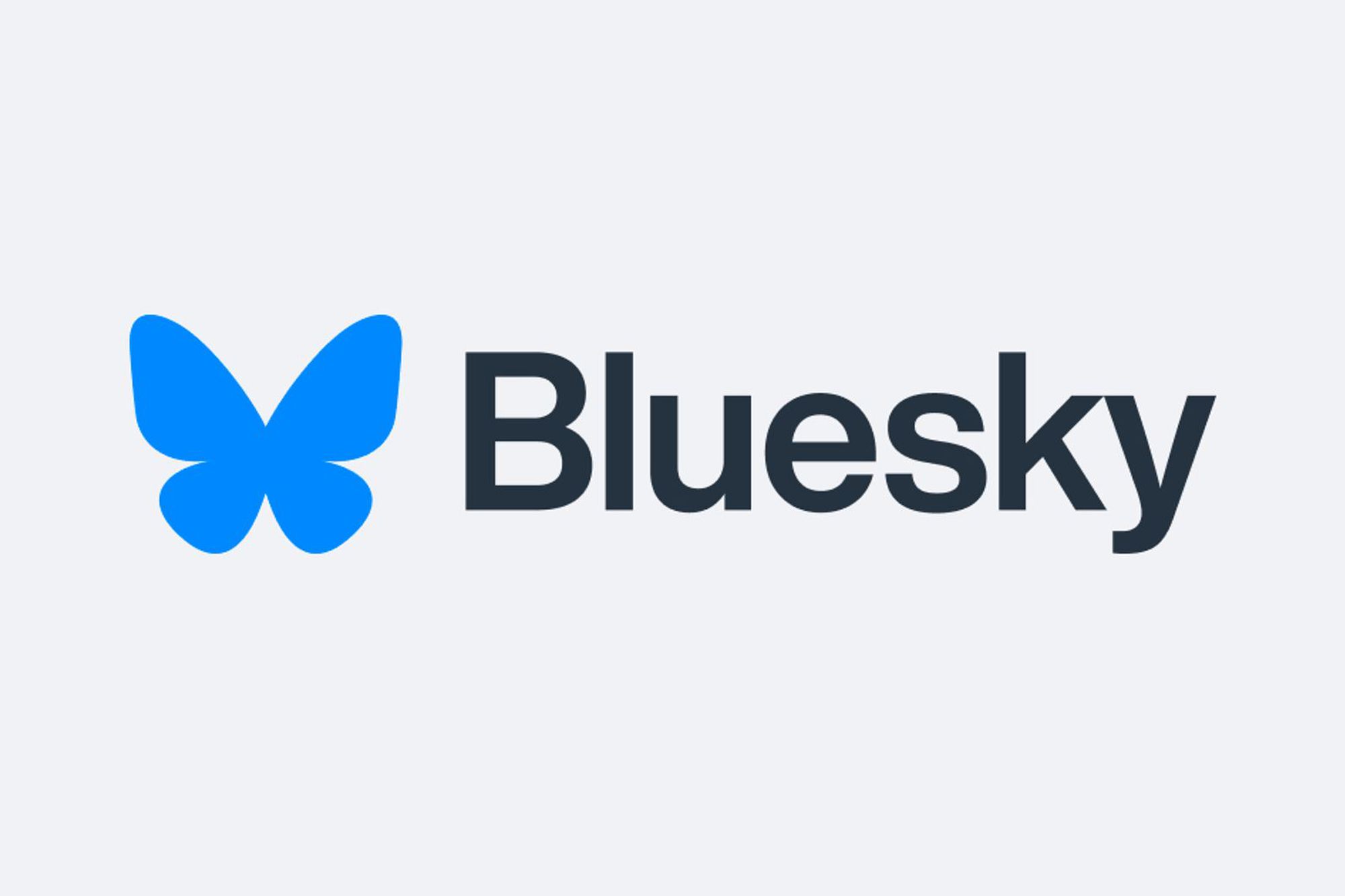Bluesky, the decentralized social media platform founded by former Twitter CEO Jack Dorsey, is grappling with a surge in content moderation requests as its user base expands dramatically. The platform, which positions itself as a user-controlled alternative to traditional social media, has seen its audience swell by over 3 million new users in the past week, bringing its total to approximately 14.5 million. This growth, however, is testing Bluesky’s ability to manage the demands of rapid expansion, particularly in its content moderation efforts.
Content Moderation Under Strain
With the influx of users, Bluesky is now handling an unprecedented volume of content moderation requests. The platform received more than 42,000 moderation reports in a single day, setting a new record. Bluesky’s Trust & Safety team is processing an estimated 3,000 reports per hour, but the sheer volume has created a backlog that is straining response times.
The moderation requests span a wide range of issues, from spam and scams to more severe concerns like child sexual abuse material (CSAM). The team is prioritizing the removal of the most harmful content while simultaneously working to address the rise in trolling and hostile interactions that have accompanied the platform’s growth. In response to these challenges, Bluesky has announced plans to expand its Trust & Safety team and invest in new moderation tools.
A Liberal Exodus from X
Bluesky’s recent surge in users coincides with growing dissatisfaction among liberals and progressives with Elon Musk’s X platform, formerly known as Twitter. Since Musk’s acquisition, X has adopted policies that emphasize free speech, drawing criticism from those who view the changes as fostering an environment conducive to hate speech and misinformation. These developments have prompted many left-leaning users to seek alternative platforms where they can engage in discussions without opposition.
For some liberals, Bluesky and Meta’s Threads have become potential havens for rebuilding the echo chamber that Twitter once provided. Before Musk’s takeover, Twitter was widely regarded as a platform where progressive narratives dominated and dissenting views were often suppressed. Now, liberals hope that platforms like Bluesky and Threads can recreate that dynamic, offering spaces where left-leaning users feel empowered to discuss their views without encountering significant pushback.
The Challenge of Creating an Echo Chamber
Despite their aspirations, platforms like Bluesky face significant challenges in establishing themselves as the new hubs of left-wing discourse. Unlike the centralized structure of platforms such as Threads or pre-Musk Twitter, Bluesky’s decentralized model allows users to create separate communities with varying rules and moderation policies. While this offers greater flexibility, it also makes it difficult to enforce a singular narrative across the platform.
Moreover, Bluesky’s growth has brought a more diverse array of users, some of whom may not align with the platform’s initial left-leaning demographic. This diversity can create friction within the platform as competing perspectives clash, complicating efforts to maintain a cohesive community.
The Battle for the Social Media Narrative
The race to become the dominant social media platform for left-leaning users extends beyond Bluesky. Meta’s Threads, which launched earlier this year, has positioned itself as a mainstream competitor to X, touting a more curated experience and stricter moderation policies. Both platforms are vying for the audience of former Twitter users who feel alienated by Musk’s policies.
For conservatives, the exodus to Bluesky and Threads underscores the deepening polarization of social media. While platforms like X aim to foster a free and open exchange of ideas, the emergence of left-leaning alternatives highlights the desire among progressives for controlled spaces that reflect their values.
Future Prospects
As Bluesky continues to navigate its growing pains, its success may depend on its ability to balance user growth with effective moderation. The platform’s decentralized model offers unique opportunities for user empowerment but also presents challenges in maintaining community standards.
For now, Bluesky stands as a symbol of the shifting dynamics in social media, where ideological divides increasingly dictate platform choices. Whether it can become the echo chamber some liberals hope for remains to be seen, but its trajectory will undoubtedly shape the future of online discourse.
Sources:
- The Gateway Pundit: “Left-Wing Social Media Platform ‘Bluesky’ Says It Cannot Keep Up With Users’ Censorship Requests” (thegatewaypundit.com)
- The Verge: “Bluesky adds ‘anti-toxicity’ options to limit dogpiling and hostile quote posts” (theverge.com)
- The Times: “What is Bluesky and who owns it? The X competitor gaining traction” (thetimes.co.uk)

